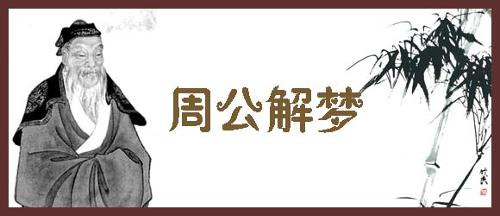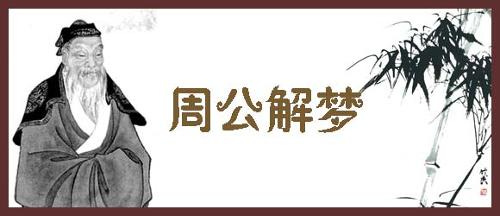Dreams have fascinated humanity for centuries, and different cultures have developed unique systems to interpret their meanings. One such system is found in the ancient Chinese text Zhougong Jiémèng (周公解梦), attributed to Zhou Gong, a prominent figure from the Zhou dynasty. This system explores the symbolic nature of dreams, offering insights into a person’s emotional, psychological, and spiritual state. In this article, we will compare the interpretations of dreams in Zhougong Jiémèng with the views on dreams in Early Buddhism, examining how these traditions approach the meaning of dreams and their role in human life.
The Symbolic World of Zhougong Jiémèng
Zhougong Jiémèng is a classical Chinese text that categorizes dreams based on symbols such as people, animals, environments, objects, and actions. In the context of Chinese culture, dreams are seen as windows into the unconscious, often carrying messages about one's fortunes, personal relationships, or future events.
People in Dreams: In Zhougong Jiémèng, seeing certain figures in dreams—whether friends, family, or even authority figures like the emperor—often reflects one's social relationships or inner psychological state. For example, dreaming of a royal figure might symbolize a desire for power or recognition, while seeing a loved one could signify emotional concerns or desires.
Animals: Animals play a significant role in the interpretation of dreams. In Zhougong Jiémèng, different animals carry various meanings. A snake may represent wisdom or hidden danger, while a tiger might symbolize strength or aggression. The interpretation of animals in dreams often connects to personal characteristics or external challenges.
Environments and Objects: Dreaming of specific environments like mountains, rivers, or palaces is seen as a reflection of one's inner world or changes in their life. Similarly, objects like gold, clothing, or houses symbolize material status or spiritual aspirations.
Actions: The interpretation of actions in dreams, such as flying, swimming, or fighting, is seen as a manifestation of the dreamer's desires, challenges, or psychological state. For instance, flying could symbolize a longing for freedom or a desire to transcend current limitations.
While Zhougong Jiémèng presents these interpretations as a way of gaining insight into the future or understanding the present, it operates under the assumption that dreams are deeply tied to an individual’s fate, emotions, and social standing.
Keep reading with a 7-day free trial
Subscribe to The Gentle Law to keep reading this post and get 7 days of free access to the full post archives.





